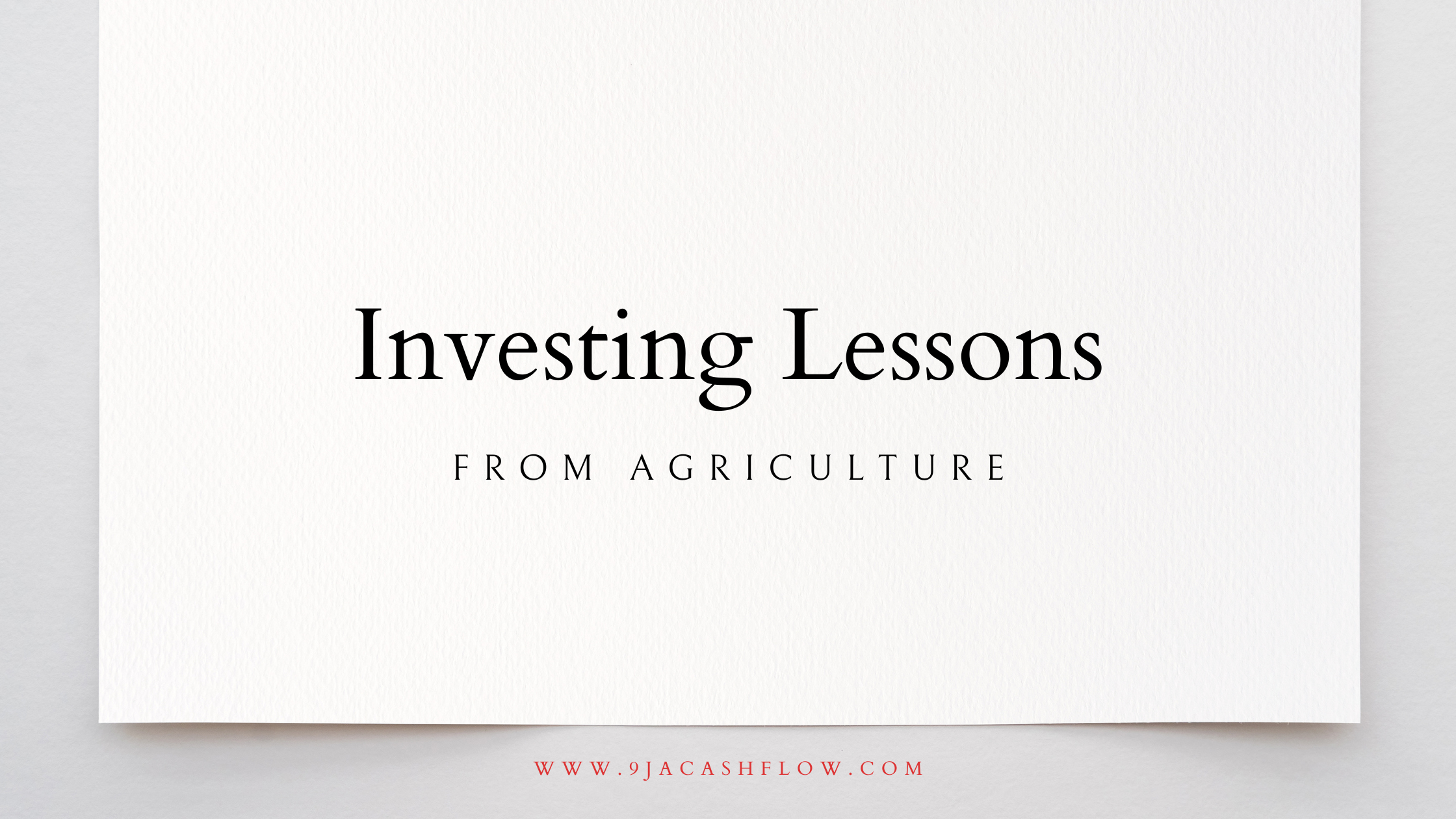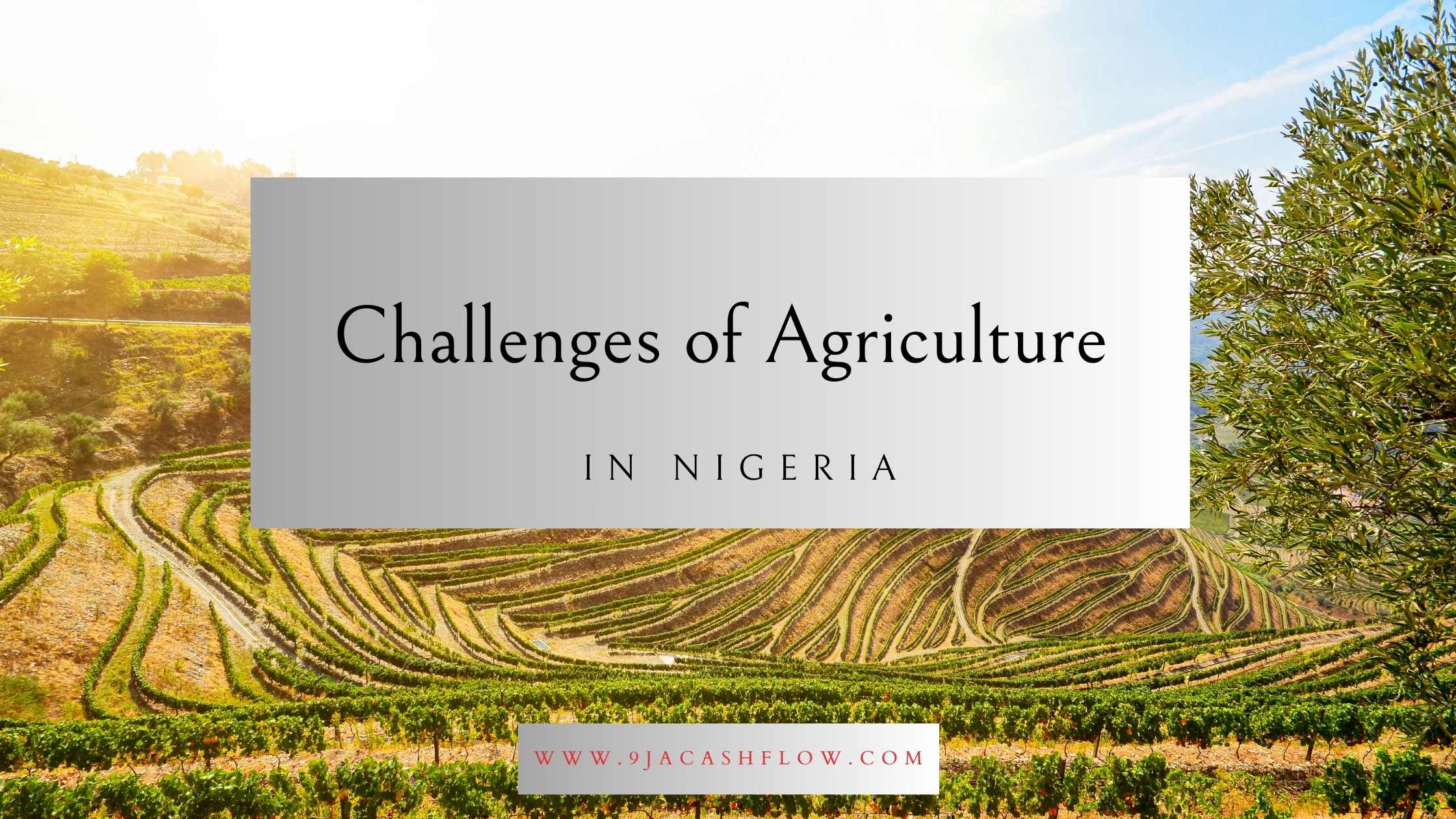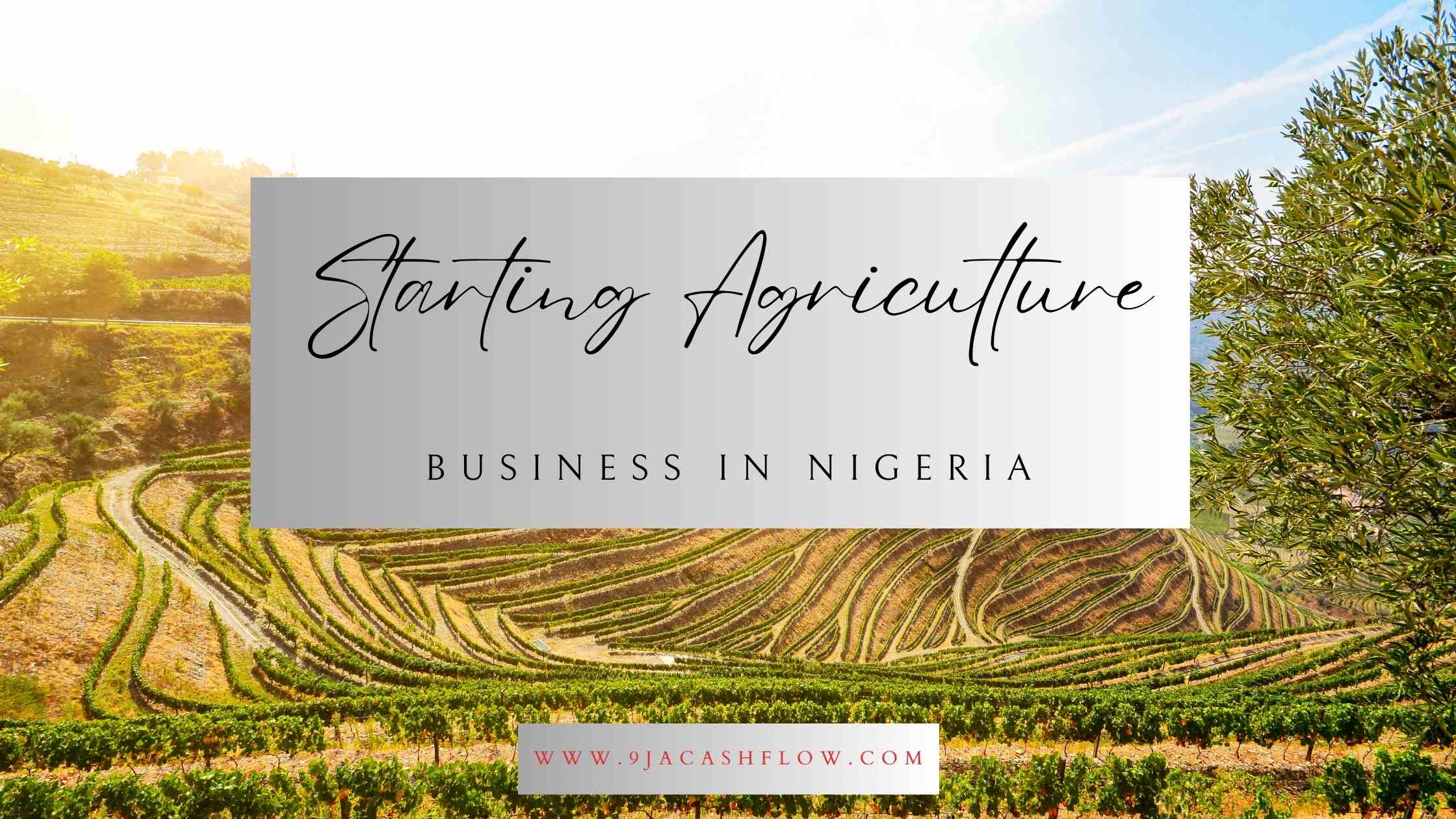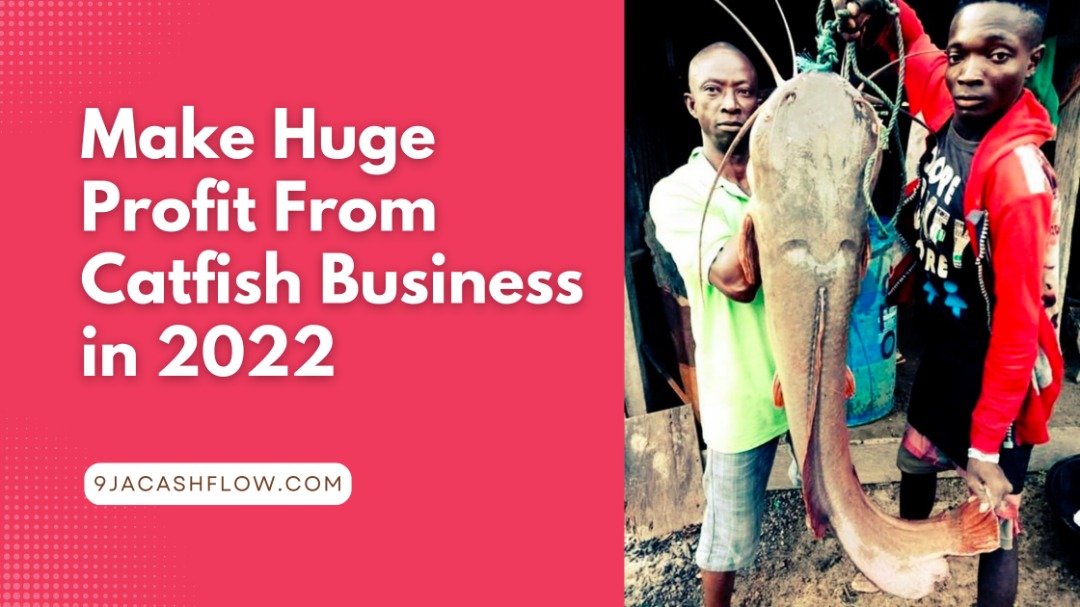In the first few years, particularly from 2021 to 2023, I immersed myself in the world of agricultural investing. While it has been a fun, albeit occasionally stressful, experience, it has also provided valuable insights into investing in general. Here are some of the key lessons I’ve learned from my agricultural investments:
1. One crucial aspect of investing in agriculture is understanding that it takes time.
There’s time required for preparing the land, planting crops, weeding, applying fertilizers, and tending to various other tasks. There’s also the time needed for preservation, processing, and ultimately selling the produce. I’ve come to realize that in any investment, you must be willing to grasp these timing considerations and follow through. I’ve ventured into investments like fish farming and grass-cutter farming, and I’ve found that patience and understanding of these timeframes are essential.
You can’t rush time. When you invest, you have to wait.
2. Another significant lesson I’ve gained from my agricultural investments is that nothing is certain or guaranteed.
While most investors seek safe, low-risk opportunities, it’s important to understand that such investments often yield lower returns. If you’re looking for higher returns, you must be prepared for the possibility of losing a portion of your capital. In my own agricultural endeavors, not every investment has been profitable. Factors beyond our control can influence the outcomes, such as unexpected events during planting or harvesting. Even in animal breeding, there are no guarantees of multiplication or consistent supply. This uncertainty is a fundamental aspect of all investments.
3. My third key insight is that it’s crucial to stay within your area of competence when investing.
Your area of competence comprises the areas you are highly familiar with, where you understand the ins and outs. While competence doesn’t guarantee profitability, it significantly increases the probability of success. In my case, I ventured into agriculture without sufficient experience and invested a significant amount of money, only to encounter setbacks. This ties into my next point.
4. When embarking on your investment journey, it’s wise to start gradually with a small portion of your capital.
Agriculture, in particular, is prone to unexpected challenges. For instance, I initially invested heavily in my catfish farming venture, aiming to raise over a thousand fish at once. However, unforeseen issues like unstable power supply and rising fuel costs disrupted our plans. It’s essential to recognize that investments should not be rushed; instead, they should start small, allowing you to gain experience and expand steadily.
Investing is a journey that involves learning from successes and setbacks, and it’s important to approach it with patience, an understanding of risk, and a commitment to continuous improvement.
Investing in a business and pouring in millions all at once can be a risky move. I made this mistake twice – once in my catfish farming venture and again in my grasscutter business. In both cases, I invested a significant amount of money, purchasing all the necessary equipment upfront. While I’m not suggesting you shouldn’t invest a substantial amount initially, it’s advisable to start with a smaller chunk of money and gradually increase your investment as you see results. I learned this the hard way, especially with my catfish venture. I was fortunate when someone came to buy it, but in my next production cycle, I wasn’t so lucky. I had to chase after buyers, which negatively impacted my profit margins.
5. This leads me to another important point: ensure that there is a viable market for your product before you invest.
Market research is crucial before you even begin planting or producing anything. For instance, if you plan to supply a market that lacks a consistent power supply, you should be aware that most of the machinery you invest in may not be functional. In such cases, prioritize the essential equipment and leave room for improvisation on the rest. Market dynamics greatly affect profitability, so be sure about your market and pricing before you start production.
6. Additionally, when it comes to investing in agriculture, choose a specific area of focus rather than trying to do it all.
Some people with money to invest in the industry jump in without a clear strategy and spread themselves too thin. In my case, I ventured into fish farming, processing, and marketing. While I could handle the marketing aspect effectively, I struggled with the production side. Later, I discovered that my e-commerce and online marketing business was more profitable than my agricultural production ventures. Each industry has different sectors, so it’s not necessary to engage in all of them. Find your strengths and invest accordingly.
7. Having a mentor is crucial in any venture.
Seek guidance from someone who has hands-on experience in the specific business you’re pursuing. In my experience, I encountered mentors who were more focused on selling information and training than actual business operations. It wasn’t until I found mentors actively engaged in the real business that I started making meaningful progress. So, it’s essential to choose your mentors wisely, ensuring they have practical experience in the field you’re entering.
My first mentor in farming was primarily a marketer and not deeply involved in the actual business. It was only when I sought guidance from mentors deeply rooted in the industry that I started to learn the realities of animal farming. This taught me an important lesson: merely writing a book or creating a video doesn’t qualify someone as a mentor. A mentor should have a strong track record of actively engaging in the business they’re mentoring about.
Some mentors might have left the business, making them less relevant to current situations. Personally, if I’m not actively involved in a particular business anymore, I decline mentorship requests related to it.
8. Another significant lesson in agricultural investing is that it’s time-consuming.
Before venturing into any investment, especially as someone already engaged in other endeavors, it’s essential to understand the time commitments involved. Misjudging the time required for an investment can lead to distractions from your primary work or business. Remember, time is money. Some investments, like crypto trading during downtime, can be more suitable if you have limited time to spare. So, carefully assess the time demands of an investment to avoid overcommitting.
9. Lastly, continuous learning and research are crucial.
As an investor, you need more knowledge than the average person. Many people rely on hearsay or advice from friends and family when making investment decisions. However, you can’t base your investments solely on such opinions. Extensive research is essential because investments often appear simpler from the outside. Once you’re deeply involved, you realize the level of hard work required. So, be prepared to put in the effort at the outset and maintain it throughout your investment journey.
I’ve found the experience of investing in agriculture and running a business to be enlightening, and I hope you’ve gained some valuable insights from my journey.
Feel free to share your thoughts in the comments, and if you have any questions or need further information, don’t hesitate to ask.
Investing is a continuous learning process, and I wish you success in your own ventures.
Thank you for reading!





